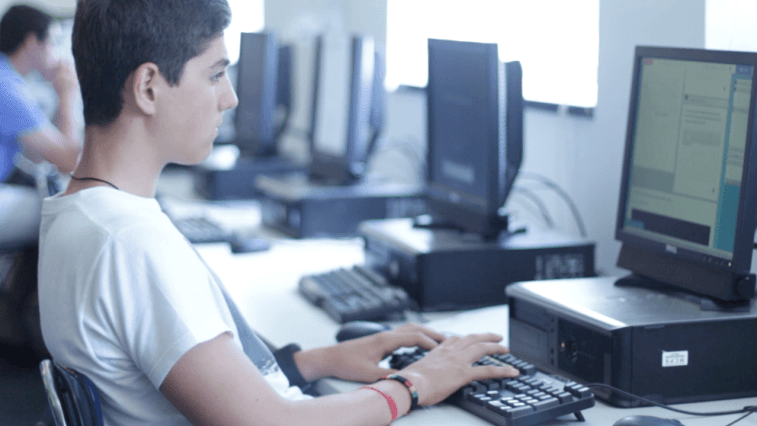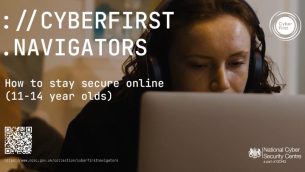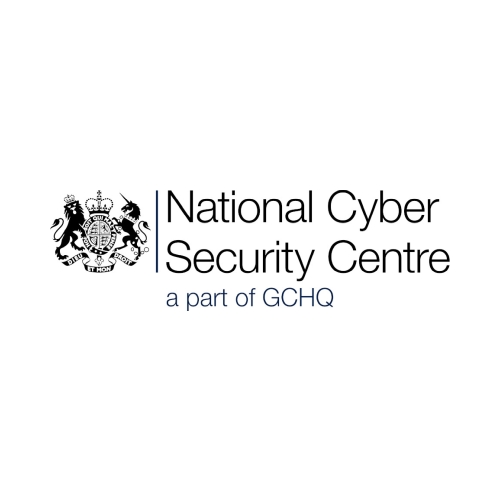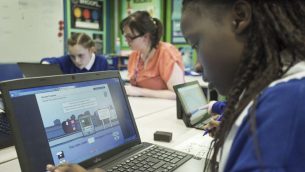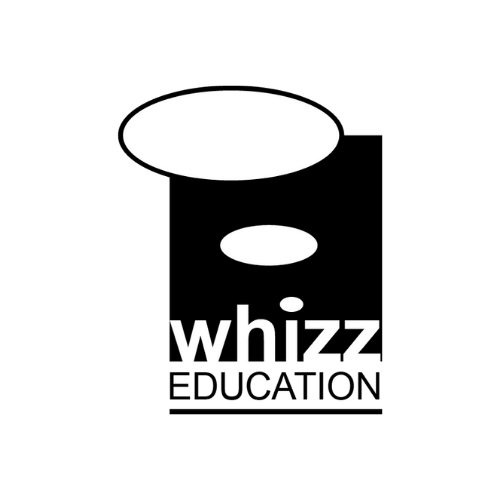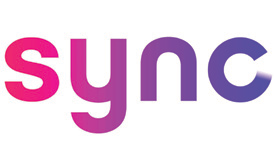The International Baccalaureate (IB) offers four educational programmes. Assessment for the Middle Years Programme (MYP), aimed at 11-16-year olds, has been transformed into an eAssessment platform which includes on-screen examinations in four subject areas and a unique examination testing interdisciplinary skills.
The examinations include the use of multimedia to engage students in realistic scenarios and interactive tools to allow students to make predictions, take measurements and to problem solve.
Due to these features, a single examination provides an efficient assessment of the broad range of knowledge, skills and concepts to reflect the breadth of each subject’s assessment objectives.
The MYP eAssessment, which is regulated by Ofqual in the UK, is distinctive because it seeks to enhance the validity of assessments; just 25% of the examination is based solely on knowledge and understanding, the rest focuses on inquiry, communication and critical thinking.
As such, unlike the rote learning style, students get to apply big ideas to solve real-world problems and are challenged to make predictions, collect data, analyse results and take actions.
Different types of tasks are used within the on-screen examinations to test specific skills, meaning that students’ achievement against all subject objectives is thoroughly tested.
For example, writing a short essay assesses writing capability, whilst creating an infographic assesses communication and presentation skills. With the use of images, videos, animations and models, and through interactive tools, candidates can create, manipulate and make decisions about how to manage data.
On-screen tools can help students who aren’t working in their first language too, and adaptive technologies can ensure that the examinations are accessible to students with access needs, ensuring that all participants are given the best opportunity possible to demonstrate their knowledge, skills and abilities.
Last year, the eAssessment platform was awarded Best Use of Summative Assessment and was highly commended for Best Transformational Project at the eAssessment Awards, which highlights the very best practice, research and innovation within eAssessment.




